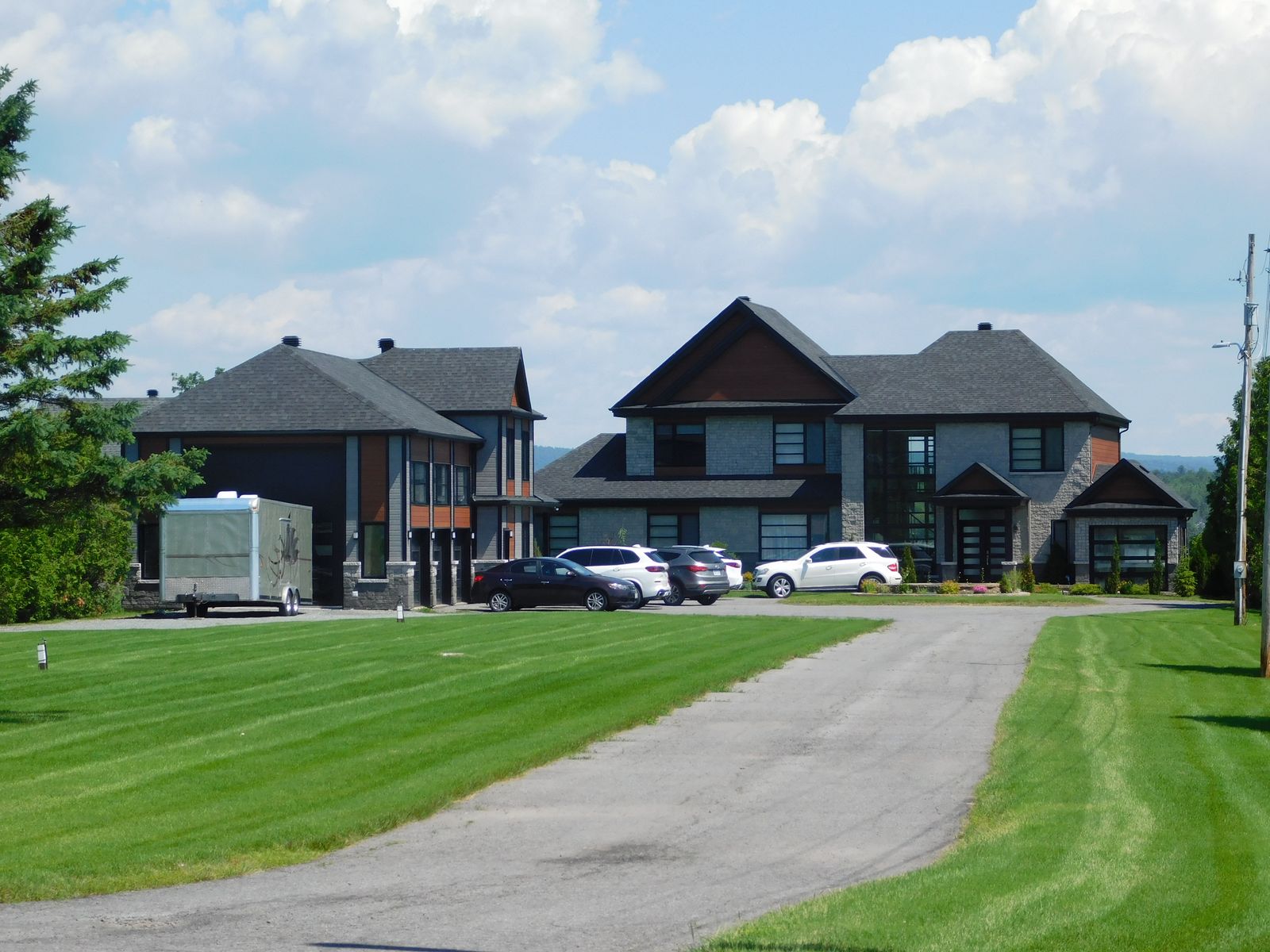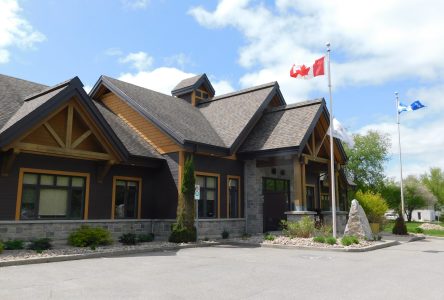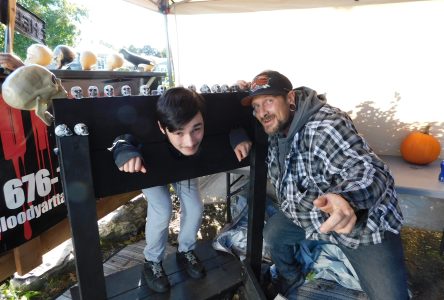« Obviously there is an issue, » said Mayor Robert Kirby, during discussions between council and a delegation of homeowners from the Front Street neighbourhood in Chute-à-Blondeau.
The group met with council during its June 13 session to lodge complaints against the owner of a house at 3481 Front Street and against Airbnb, which promotes the house on its website for temporary vacation lodgings. The owner of the house lives in Ottawa and is not a permanent resident of the place. He rents the property out through Airbnb to families and groups as a Short-Term Accommodation (STA), also known as a temporary vacation home.
The Airbnb listing for the site describes it as suitable for groups up to 16 people and features various amenities, including a hot tub and jacuzzi, an outdoor dining area with a gas barbecue, washer, dryer, dishwasher and other household appliances. The main attraction promoted is the on-site access from the house to the Ottawa River for kayaking, canoeing, paddle boarding, and other recreational activities.
Since the house was listed with Airbnb there have been several groups of temporary tenants staying at the house. Two parties were three-generation family groups, including grandparents and grandchildren. The delegation of homeowners that met with council said there was no problem with these STA tenants as they were quiet and created no disturbance in the neighbourhood.
Complaints
The problem, council heard, was the other groups who spent their vacation time at the house and proved very noisy during the evenings and nights. Council was told one group was so loud during the night that the noise could be heard four houses away at 2 a.m. one night.
Besides the noise, the delegation of homeowners also expressed concern that the house is not designed to accommodate so many people at one time for any extended periods. Most of the worry focused on the impact of large groups of people on a home sanitary system more suitable for a small family and also on the local aquifer that supplies drinking water to the neighbourhood. The local homeowners also expressed concern what the presence of a temporary vacation house will have on their own property values.
The house and land are zoned Rural Residential. Both the delegation and council wondered if some action could be taken through the local zoning bylaw.
« This sounds like a business, » said Mayor Kirby.
Solutions
Jessy Hoffman, township building inspector, noted that « there were never any renovations » made to the premises when it became an STA. He indicated the municipality may be able to take some action against the owner under the Ontario Building Code sections dealing with sewage disposal.
An STA is different from a standard bed-and-breakfast hostel (BnB). A BnB owner is on-site since often the owner’s home is the BnB. Also guests at a typical BnB either stay just for the night or for a few days. Several Ontario municipalities are reviewing their local zoning bylaws to deal with the issue of STAs.
Several council members noted that East Hawkesbury has had BnBs operating within the municipality in the past without problems. Their operations were approved under the zoning bylaw sections dealing with businesses and the owner of the BnB lived on the premises. Hoffman told council the township must decide whether it wants to ban STAs altogether from the municipality or regulate them through amendments to the local zoning bylaw that would set conditions owners of STAs would have to meet for their operations.
Council directed township administration to review and research the situation and report later in the season with recommendations about possible zoning bylaw amendments to deal with STAs. Meanwhile, Hoffman noted, there may be ways to address the present situation with the Front Street STA through local bylaws dealing with noise and fire protection. He indicated the municipality or neighbouring homeowners can also file a complaint to Airbnb.
« They take care of complaints, » he said, « and they issue fines to the owner/operator. »
Mayor Kirby promised the delegation of homeowners that the township would resolve the problem



